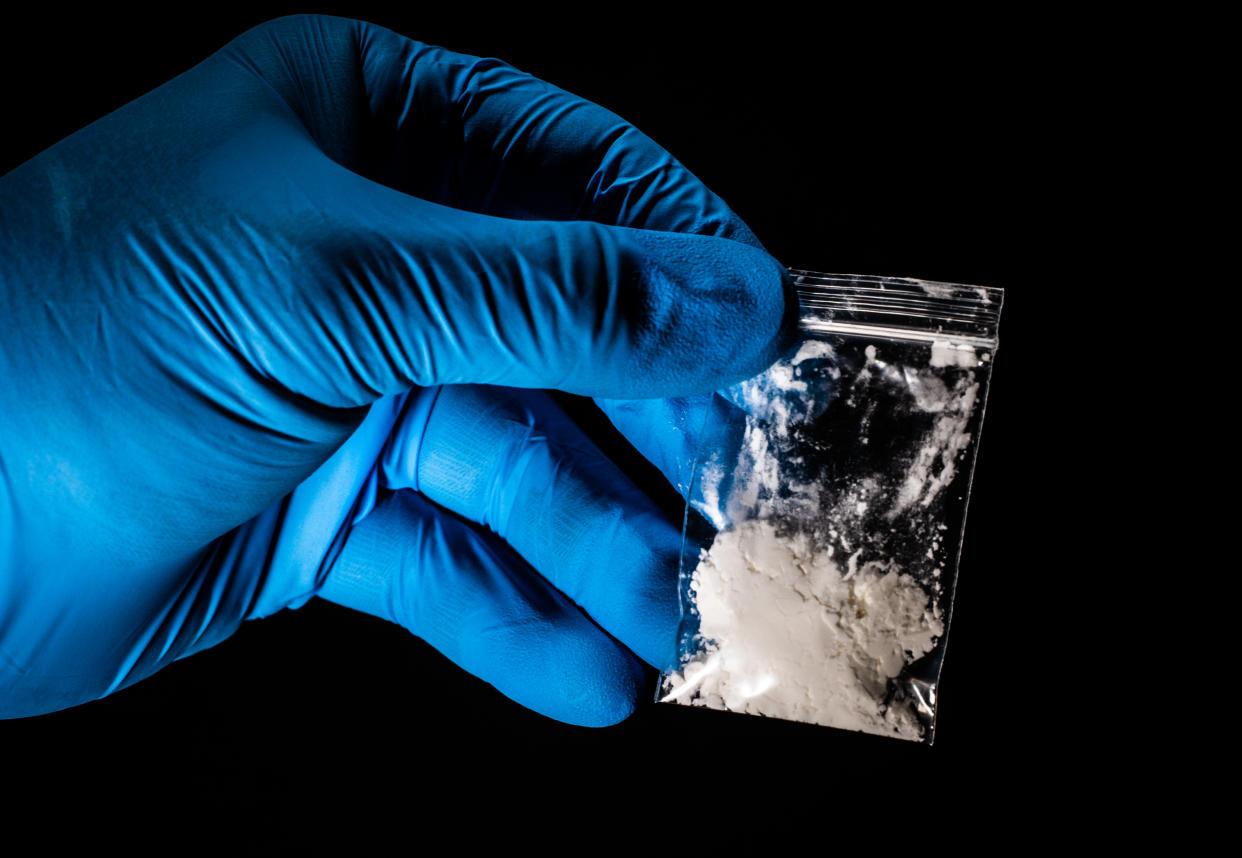Man escapes death penalty after Court of Appeal acquits him of drug trafficking

SINGAPORE — A man who was sentenced to death for abetting in drug trafficking was acquitted by the Court of Appeal on Thursday (23 April).
In the Court of Appeal’s first virtual hearing, Mohammad Azli Mohammad Salleh was acquitted after a panel of five judges found that it can’t rule out the possibility that Azli only knew about the heroin after the acts of trafficking by other people were concluded.
Chief Justice Sundaresh Menon, Judges of Appeal Andrew Phang Boon Leong, Judith Prakash, Tay Yong Kwang and Steven Chong found the prosecution had failed to prove that Azli had actual knowledge that the drugs were heroin.
On 6 October 2015, Azli drove Roszaidi Osman to Bulim Avenue. Upon arrival, Roszaidi collected a red plastic bag from Aishamudin Jamaludin and Suhaizam Khariri. The bag contained two packets of diamorphine, or heroin as it is more commonly known, and three packets of methamphetamine.
Azli then drove Roszaidi to the vicinity of his residence in Jurong West, where Roszaidi handed a plastic bag containing the two packets of diamorphine and two of the packets of methamphetamine to his wife Azidah Zainal. The two packets of diamorphine contained not less than 32.54g of heroin.
Azli, Roszaidi and Aishamudin were tried jointly for their role in trafficking the drugs. Azli and Roszaidi were both sentenced to the death penalty after their trial.
Aishamudin was convicted on an amended, non-capital charge. He was sentenced to 25 years’ jail and 15 strokes of the cane last year, according to media reports. Suhaizam and Azidah pleaded guilty and are serving 25 years in jail. Suhaizam was also handed 15 strokes of the cane.
Regarding Azli, the court found his mention of methamphetamine and diamorphine in his statement referred to his knowledge at the time of its recording, rather than when he was driving Roszaidi. Azli had mentioned in a later statement made in the same day that he believed Roszaidi was only dealing in methamphetamine.
While the prosecution argued that methamphetamine and drug paraphernalia were found in Azli’s car, these pieces of evidence did not prove their case, said the judges.
“The question is not whether Azli knew that Roszaidi was dealing in controlled drugs in general or methamphetamine in particular, but whether Azli knew that the drugs were heroin,” they said in their grounds of decision.
“On the evidence, the most that can be said is that he believed that Roszaidi was going to collect and transport methamphetamine on the night of the offence.”
There was also a need to establish that beyond having knowledge of the nature of the drugs, Azli was aware that Roszaidi intended to traffic in heroin, said the judges.
“It would have been necessary to show that Azli knew that Roszaidi was engaging him for assistance not only to collect diamorphine but that he was also doing this for the purpose of trafficking,” they noted.
The only evidence that pointed directly to this conclusion was Roszaidi’s account in his statements, which the judges dismissed as unreliable, as Roszaidi had at times implicated Azli but then turned around and absolved him.
According to the media reports, Azli has pending drug charges related to methamphetamine in the State Courts.
While the Court of Appeal dismissed Roszaidi's appeal against conviction for trafficking, it sent his case back to the High Court for psychiatric evidence to be heard on whether Roszaidi would be eligible for life imprisonment.
In his appeal, Roszaidi had sought to argue that he was eligible for the alternative sentencing regime under the Misuse of Drugs Act (MDA) and should therefore have been sentenced to life imprisonment. He contended that his mental responsibility for the offence was substantially impaired by his substance dependence and major depressive disorder, or his moderately severe to severe opioid drug withdrawal.
Drug traffickers who are found to have their mental responsibility substantially impaired by a psychiatric condition may be found eligible for an alternative sentences for capital charges.
The Court of Appeal noted that the issue of alternative sentencing was never canvassed in Roszaidi’s High Court proceedings and highlighted the importance of doing so in every trial involving a capital charge under the MDA.
The MDA provides for the death penalty if the heroin being trafficked is more than 15g.
Stay in the know on-the-go: Join Yahoo Singapore's Telegram channel at http://t.me/YahooSingapore
Other Singapore stories
Indian worker who died after being found at Khoo Teck Puat Hospital staircase landing had tested positive for COVID-19
President Halimah Yacob urges compassion for less fortunate ahead of Ramadan
COVID-19: Singapore confirms 1,037 more cases, crosses 11,000 mark



